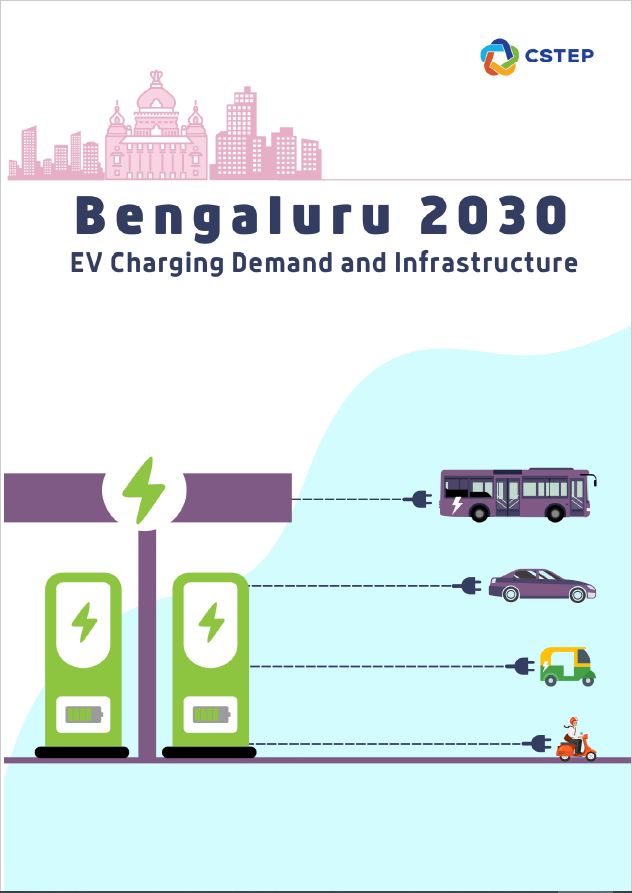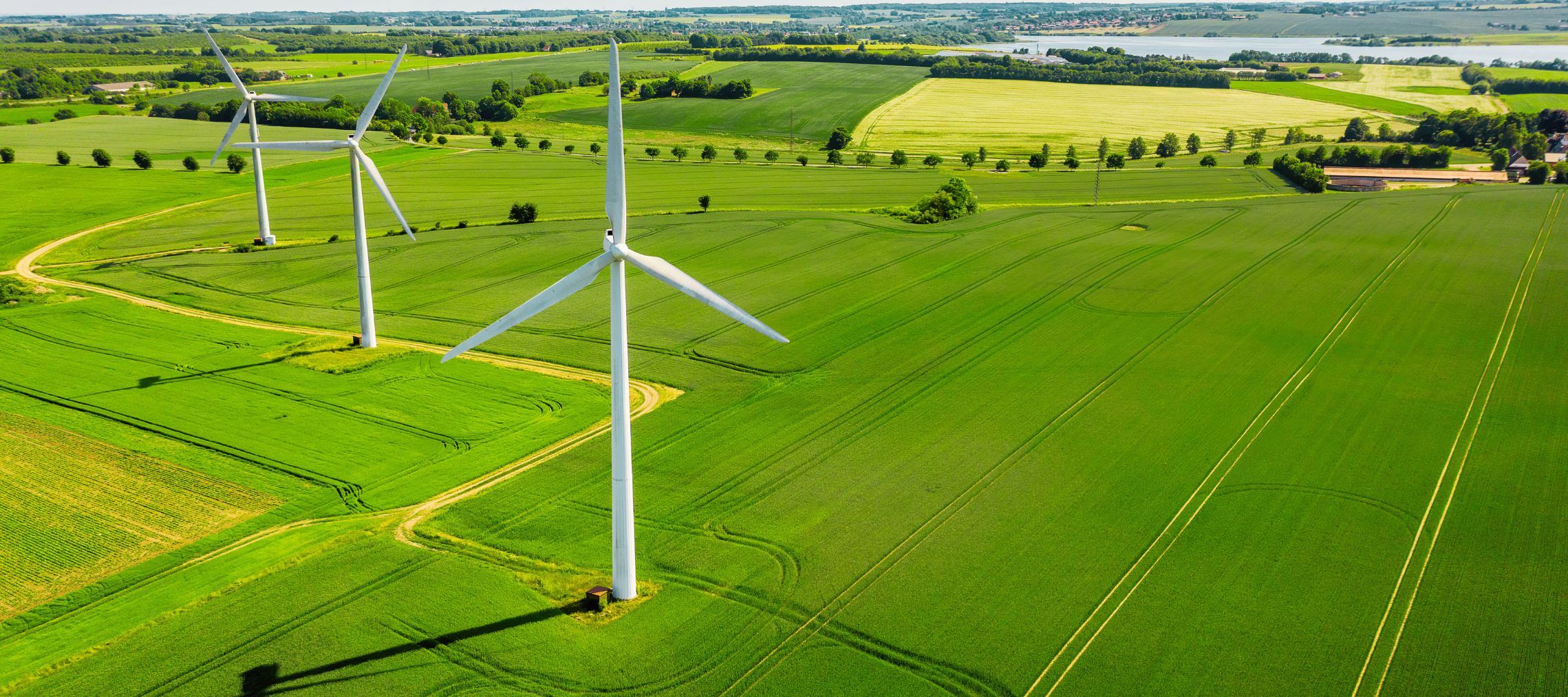The environmental and health hazards associated with fossil-fuel-based vehicles are driving city dwellers towards electric vehicles (EVs), which have zero emissions and lower operating costs. As per the Center for Study of Science, Technology and Policy’s (CSTEP’s) report ‘Bengaluru 2030: Impact of EVs on Vehicular Emissions’, Bengaluru would have more than 23 lakh EVs (> 85% electric two wheelers [e-2Ws]) by 2030, helping curb beyond 3 million tonnes of CO2 emissions annually (CSTEP, 2023). However, the relatively higher upfront costs of EVs and underdeveloped charging network could challenge this growth.
Therefore, to support EV adoption in Bengaluru, this study attempted to gauge perceptions about EVs and their charging patterns through consumer (questionnaire-based) surveys. While widespread, accessible, and affordable public charging infrastructure could diminish consumers’ range anxiety, it would have implications for the electricity grid. In this regard, an assessment of Bengaluru’s EV charging infrastructure demand for 2030 was performed using survey results as inputs. The number of charger guns required in 2030, impact of these guns on the grid, and potential locations for setting them up were assessed. Moreover, EV charging tariffs were proposed for 2030 by considering the current utilisation rates, tariffs, and anticipated demand in 2030.

Aparna K P and Aniket Wakhare co-authored the report.
Click here to read the press release
